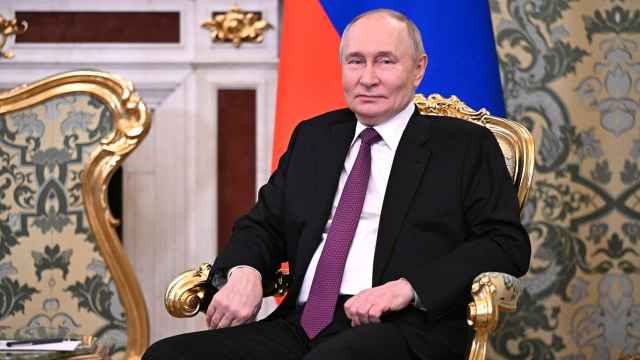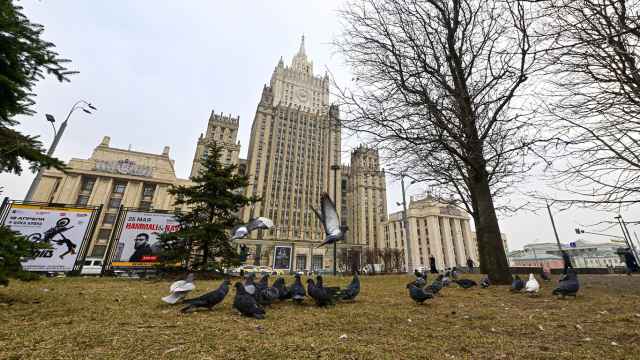
Alexander Bezborodov, LL.M. (Passau)
Senior Associate
Beiten Burkhardt
With the adoption of the new federal law dated April 12, 2010, No. 61-FZ on the circulation of pharmaceuticals in the Russian Federation (hereinafter “the law”), the old federal law dated June 22, 1998, No. 86-FZ on pharmaceuticals became fully inoperative as of Sept. 1, 2010. In this regard, those involved in the pharmaceuticals market should take note of the following important changes.
The concept of pharmaceuticals has not undergone significant changes as compared with the previous legislative definition, but now covers respective materials and combinations thereof coming into contact with an organism, either human or animal. The definition of medicine as a pharmaceutical, ready to use by virtue of its form, has also not been subjected to pivotal modifications.
The new law describes in detail the procedure for evaluating pharmaceuticals, which includes:
- conducting an expert examination of the quality of the pharmaceutical;
- conducting an expert examination of the ratio of expected utility to possible risk from applying the medicine;
- conducting an ethical expert examination of the possibility of performing clinical research on the medicine for medical application for the purposes of further application.

Yevgeny Samoylov, Ph.D.
Associate
Beiten Burkhardt
The state registration of a medicine is carried out only if, upon the results of the conducted expert examinations, the given sample is deemed effective at treating illness.
A medicine may be denied state registration only if:
- the effectiveness of the sample is not confirmed by obtained data; or
- the risk of harm caused to the health of a person or an animal because of taking the medicine exceeds the effectiveness of taking it.
Henceforth, information about an expert examination and the state registration of medicines must be placed on the web site of the registration authority. This will allow all interested parties to monitor the course of the state registration and to receive information on registered medicines and those excluded from the state register.
The marking of pharmaceuticals is given special attention in the new law. Article 46 of the law determines the list of information that must be stated on the immediate and secondary (consumer) packaging. This information primarily includes: the name of the pharmaceutical, dosage and pharmaceutical form, shelf life, registration certificate number, method of application and precautionary measures during application of the pharmaceutical. Pharmaceuticals not meeting the marking requirements shall not be released into circulation.
As regards the method for entering into state contracts for supplies of pharmaceuticals, important changes have been introduced. As of the law’s entry into force, medical organizations may enter into state contracts directly with pharmaceutical producers, which excludes wholesale and pharmacy organizations from the chain of suppliers. According to the legislator’s intention, this should lead to a reduction in the cost of pharmaceuticals for the end user.
The import and export procedure for pharmaceuticals is also subject to detailed regulation. It should be noted that all pharmaceuticals imported to Russia must be, as before, included in the state register of pharmaceuticals. This rule does not apply to limited batches of pharmaceuticals that are intended for rendering medical assistance according to a patient’s individual vital signs and may be imported without undergoing the state registration procedure. Pharmaceuticals are exported from Russia without restrictions established in the field of foreign trade activities.
Opportunities for retail trade in pharmaceuticals have been expanded by the law. For example, retail sales of medicines are permitted directly in medical organizations located in rural settlements that lack pharmacy organizations. This rule is designed to improve access to pharmaceuticals in small communities.
The liability of pharmaceuticals producers is covered by special provisions in the law. A producer of pharmaceuticals is obligated to compensate for harm caused to the health of an individual as a consequence of the application of a medicine given the following conditions:
- the pharmaceutical was used as intended according to the application instructions and the cause of the harm was introduction of a poor quality medicine into civil circulation;
- the harm to health was caused as a consequence of unreliable information contained in the application instructions issued by the producer of the medicine.
A pharmaceutical producer is released from liability in the event that harm is caused by careless acts of the individual himself, for example: incorrect storage conditions; not following the instructions for taking the pharmaceutical; or other negligence.
Aside from the producer of a pharmaceutical, an individual is entitled to lodge claims against any other organization carrying out activities in the field of pharmaceuticals commerce if harm to health occurred because of taking a medicine that became unfit for use as a result of violation of the rules for storing the pharmaceutical, the rules for wholesaling medicines, the rules for releasing medicines, or the rules for producing and releasing medicines.
Thus, the passage of the new law is primarily directed toward improving the accessibility of pharmaceuticals for the population and, accordingly, for the right to receive timely, qualified medical aid. Furthermore, the legislator has focused special attention on ensuring that medicines are safe and that consumers are informed. We will know of the practical effectiveness of the law after the innovations established thereby are applied following the law’s entry into force on Sept. 1, 2010.
A Message from The Moscow Times:
Dear readers,
We are facing unprecedented challenges. Russia's Prosecutor General's Office has designated The Moscow Times as an "undesirable" organization, criminalizing our work and putting our staff at risk of prosecution. This follows our earlier unjust labeling as a "foreign agent."
These actions are direct attempts to silence independent journalism in Russia. The authorities claim our work "discredits the decisions of the Russian leadership." We see things differently: we strive to provide accurate, unbiased reporting on Russia.
We, the journalists of The Moscow Times, refuse to be silenced. But to continue our work, we need your help.
Your support, no matter how small, makes a world of difference. If you can, please support us monthly starting from just $2. It's quick to set up, and every contribution makes a significant impact.
By supporting The Moscow Times, you're defending open, independent journalism in the face of repression. Thank you for standing with us.
Remind me later.





